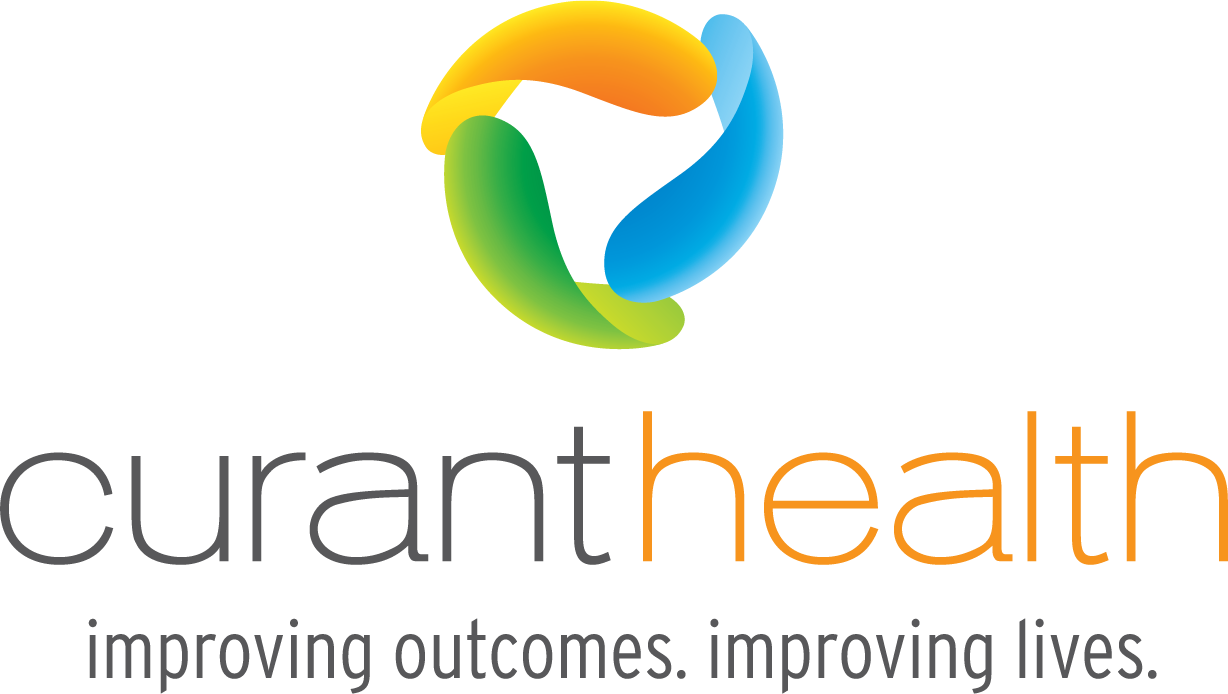December 12, 2016 - Curant Health COO, Marc O'Connor, in Managed Healthcare Executive - In November CapGemini and HealthPrize Technologies updated the forward to a reissued 2012 report on pharmaceutical revenue loss due to medication nonadherence that states, “Globally, according to CMR International, pharma revenues hit $1.1 trillion in 2015, which is a 13% increase from the $956 billion figure used for our 2012 report. Accordingly, this means that estimated revenue losses globally due to non-adherence are now $637 billion, a steep increase in comparison to our previous figure of $564 billion.”
Lead authors Katrina Firlik, MD, and Thomas Forissier go on to state, "Interventions to improve medication adherence should be top priority for the pharmaceutical industry and will prove beneficial to all stakeholders. Increasing adherence rates by only 10 percentage points would translate into a $41 billion pharmaceutical revenue opportunity in the U.S. ($124 billion globally), accompanied by improved health outcomes and decreased healthcare spending."
Alignment among every member of the healthcare continuum is more important than ever in order to ensure better use of limited resources. The first generation of value-based pharmaceutical contracts between manufacturers and payers were meaningful intent but were not designed to produce real value-based change. As I wrote in Managed Healthcare Executive in June, “As the only drug on formulary within these agreements, manufacturers are still banking on a simple volumetric percentage of efficacy to meet payment and profit goals. Real improvements in outcomes and value-based contracts require more lifestyle factor measurement and corresponding agreement on their evaluation.”
Firlik and Forissier said: “Although a number of pharmaceutical companies have established adherence teams, they are often underfunded, slow moving, and prone to recommending traditional tactics such as reminder programs, cost reductions and isolated educational campaigns, which are insufficient and often do not address the root of the problem.”
To read Marc's full article, visit Managed Healthcare Executive.
To learn more about Curant Health, contact Kristin Lindsey, Senior Marketing Director, at klindsey@curanthealth.com.
